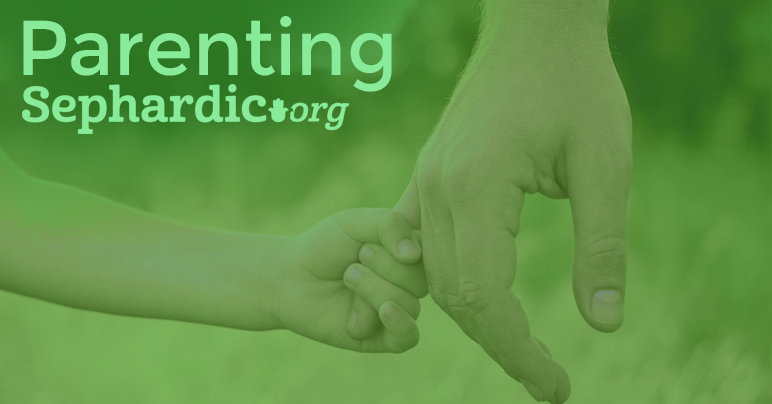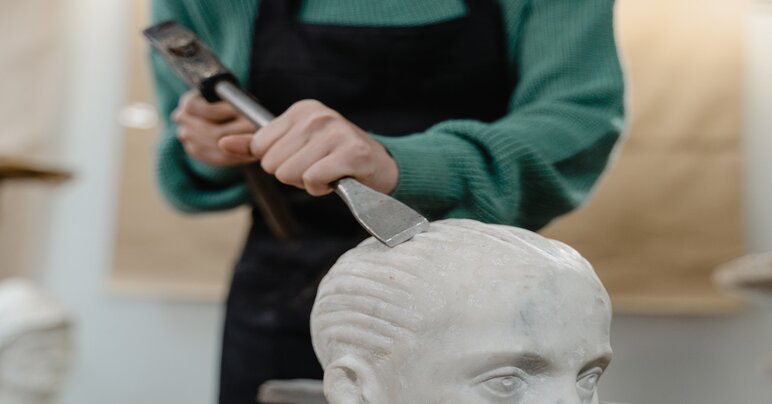Connection and Prevention: Learning the Art of the Open-Ended Question

Teens who receive clear messages from their parents about their disapproval of substance abuse and gambling are more likely to stay away from those harmful habits. From this, we see that meaningful discussions within the family are crucial in terms of keeping your children on a safe path. However, it is not always easy to start up a comfortable, constructive conversation with a teenager.
Enter the art of the “open-ended” question: These are inquiries that challenge a person to respond with more than a one-word answer. The opposite, the close-ended question, usually puts the other person in a passive role, as they wait to be asked for information- to which they can simply respond to with words, such as “Yeah.” “No.” or “Good.” You can think of close-ended questions as a multiple choice test whereas open-ended questions invite essay-like replies.
Open-ended questioning can help you:
- Keep conversations flowing
- Gather valuable information
- Encourage honesty and understanding
- Promote the sharing of ideas, concerns, feelings, and experiences
- Foster learning
To learn how to ask the perfect “gateway” question, study and practice these examples. Substitute words to fit your situation.
EXAMPLES OF OPEN-ENDED QUESTIONS ABOUT SUBSTANCE ABUSE:
- Do any of your friends take drugs? What do you think about it?
- What do you say when you don’t want to join your friends who are doing something you’re not comfortable with?
- What makes you nervous at parties?
- What did/didn’t you like about the party?
- Why do you think you chose to get drunk?
- Why do you think people take drugs?
- How did you/he/she begin smoking?
- What do you think qualifies as an addiction?
- What do you think the difference is between someone wanting to quit their addiction and being ready to quit their addiction?
- Do you know where to go for help if you or a friend is having issues with drugs or alcohol?
While we cannot promise that you don’t get an “I dunno” as an answer, we can assure you that your efforts to encourage a more interactive and productive conversation will be noticed, appreciated on some level, and are likely to do the trick!
If you or someone you know needs help, please call SAFE’s 24/7 hotline at 866-569-7233










